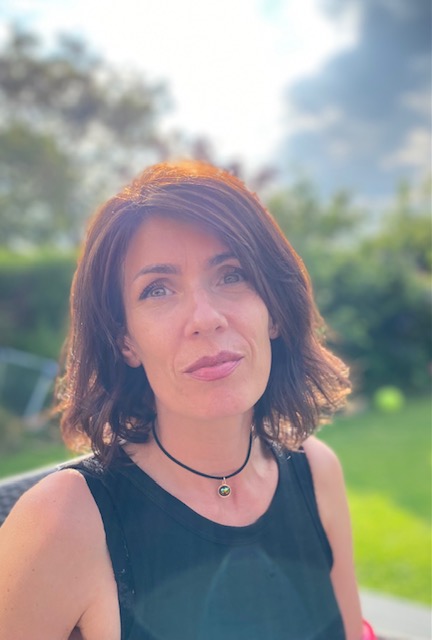

After owning her own business for thirteen years, Lynda changed her path and chose to re-enter full-time education. She is now succeeding as an undergraduate Psychology student at the University of Cumbria.
What is your background and what brought you to think about university?
After leaving school I worked in hospitality before training to be a hairdresser. In my late twenties, I started my own hairdressing business which I managed for thirteen years. During this time, I achieved a foundation degree in Business Management, which I did part-time over the course of 3 years.
After I had my second child, I felt I couldn’t commit to managing the business with the same commitment. I used this opportunity to rethink my future and decided to return to full-time education, to further my career prospects and learn something completely new.
What did you want to accomplish when beginning your University of Cumbria journey?
I was an average student in school and left following my GCSE’s to work. I have spent most of my life wanting to gain a higher educational qualification at a degree level. I selected the University of Cumbria because it was a local university, although I would have travelled further if I’d needed to. However, after attending the University of Cumbria open day I knew this was where I wanted to go. I liked the location, size and student diversity.
I chose the Applied Psychology course because I am interested in learning more about human development and behaviour. I was most surprised by the number of lecturers who would be teaching me during the course, and their experiences in the field of Psychology.
After attending the University of Cumbria open day I knew this was where I wanted to go. I liked the location, size and student diversity.
What has been the most difficult thing you've overcome in your education journey so far?
The most difficult aspect of my university journey has been believing in myself and my academic ability, which I found difficult having been out of education for such a long time. I spent the first semester at the University of Cumbria doubting my decision to return to Higher Education. However, I have now completed my second year successfully and look forward to leading my own research project next year, thanks to the support from my lecturers and my new university friends who have encouraged me to keep going.
What was the breakthrough moment for you when things began to fall into place?
When I received my grades and feedback in the first semester, I realised I was capable of learning the skills required to achieve my degree. The lecturers always make time to discuss your grades and feedback in detail and offer any extra support. During lock-down, weekly Teams support sessions were set up for my year cohort to meet and address any concerns. Online learning has been challenging, but open communication with each other and the lecturers have made things manageable. I have also attended additional free academic training sessions to further improve my academic skills and grow my confidence. I know I have made the right decision to return to Higher Education to earn my degree.
What are your top tips for anyone else thinking about going to university?
I would advise anyone who is thinking of going to university to be prepared to read (a lot), to work hard and to believe in yourself. I have found making friends with my course peers valuable for study support and for my university experience.
What have you achieved?
When I first started university, I thought it was just to earn a degree. However, with each module comes new learning challenges; critical evaluation, research investigations, presentations skills and working with different people in the class. Self-reflection is also a significant process in Psychology and valuable from a personal development perspective. I believe it is an essential tool for individuals to learn in the working environment and everyday life.
I appreciate the lecturers on my course and the way they support me with my academic learning whilst still treating me as an adult.
The university offers many extra-curricular activities both academic and social without the pressure of attending them and supports you in getting involved in opportunities such as research or volunteering to gain extra experience for your CV.
